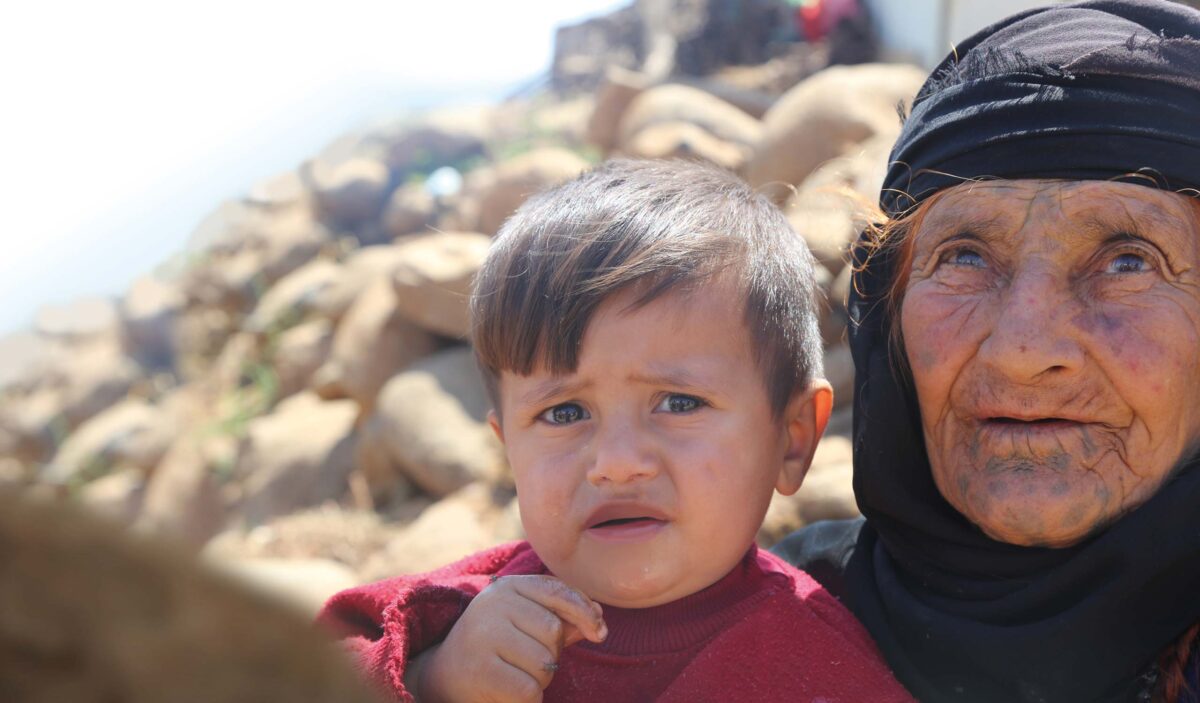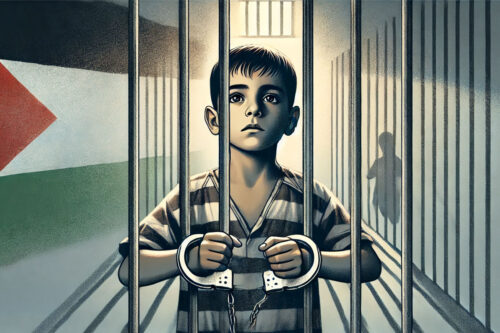Living Through Catastrophe: Marking 72 Years Since the Nakba

As the world tries to manage the COVID19 Pandemic, we are all experiencing an event that will appear in the history books of every nation.
Seventy two years ago, another hugely significant event took place- the Nakba (and the creation of the state of Israel). Nakba is the Arabic word for ‘catastrophe’ and is apt to describe the destruction of 500 towns and villages, the expulsion of over 750,000 people from their homes and the creation of the Palestinian refugee crisis. Unfortunately, the Nakba is still poorly understood and discussed. The Palestine/Israel issue is often seen as a conflict between two groups rather than an occupation and Palestinians are too easily made the aggressors despite being the ones under occupation.
Refugees in Lebanon, Jordan, Syria and even those within Palestine are made invisible and have been ignored in peace talks and negotiations. The last four years have brought more political uncertainty and a bleak outlook thanks to the right wing Israeli administration, Trump’s partisan attitude towards the conflict and the disarray within Palestinian politics. In Lebanon, Jordan, Syria and the occupied Palestinian territories, people face many similar struggles but have also experienced specific violence and oppression because of where they are and their legal status under occupation or as refugees.
The Nakba began 72 years ago, but it is very much ongoing and the suffering continues for each generation since. Palestinians have lived and struggled with the ongoing catastrophe of displacement, occupation, economic deprivation, violence and denial of their rights. The Naksa (occupation of Palestinians territories in 1967), the Lebanese Civil War and Sabra and Shatila Massacre, as well as the bombardments of Gaza and conflict in Syria are some of the shocking events that Palestinians have endured.
The tragedy and injustice of it all is heart-breaking.
Whilst we are coping with the pandemic, we can try to comprehend how those who live in uncertainty and without safety nets and stable political structures survive. It has been over seven decades and that is far too long for people to never see their homeland or live without freedom and peace. Palestinians will not forget where they come from and we should not forget their humanity. They have not been ‘victims’ for over seven decades, they have been resilient artists, activists, academics, teachers and everyday heroes. We have a duty to remember, acknowledge and act for them however we can.
Calculate your Zakat
Confused about how to calculate your Zakat? Try our simple-to-use calculator

![A Shadow R1 spy aircraft operated by the UK's Royal Air Force, accused of supporting the genocide in Gaza [Jerry Gunner / Wikimedia]](http://www.interpal.org/wp-content/uploads/2025/04/1768px-Shadow_R1_5AC_Sqdn_RAF_Waddington_this_morning-e1745166357309-500x333.jpg)

![Fighters from Israel's pre-state militia occupying the village of Deir Yassin, April 1948 [IDF archive / Wikimedia]](http://www.interpal.org/wp-content/uploads/2025/04/Jewish_militias_in_the_village_of_Deir_Yassin_April_1948_cropped_and_edited-e1745166391491-500x333.jpg)

